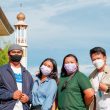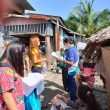USAID support is enabling local schools to fulfill the full potential of marginalized youth in the Philippines
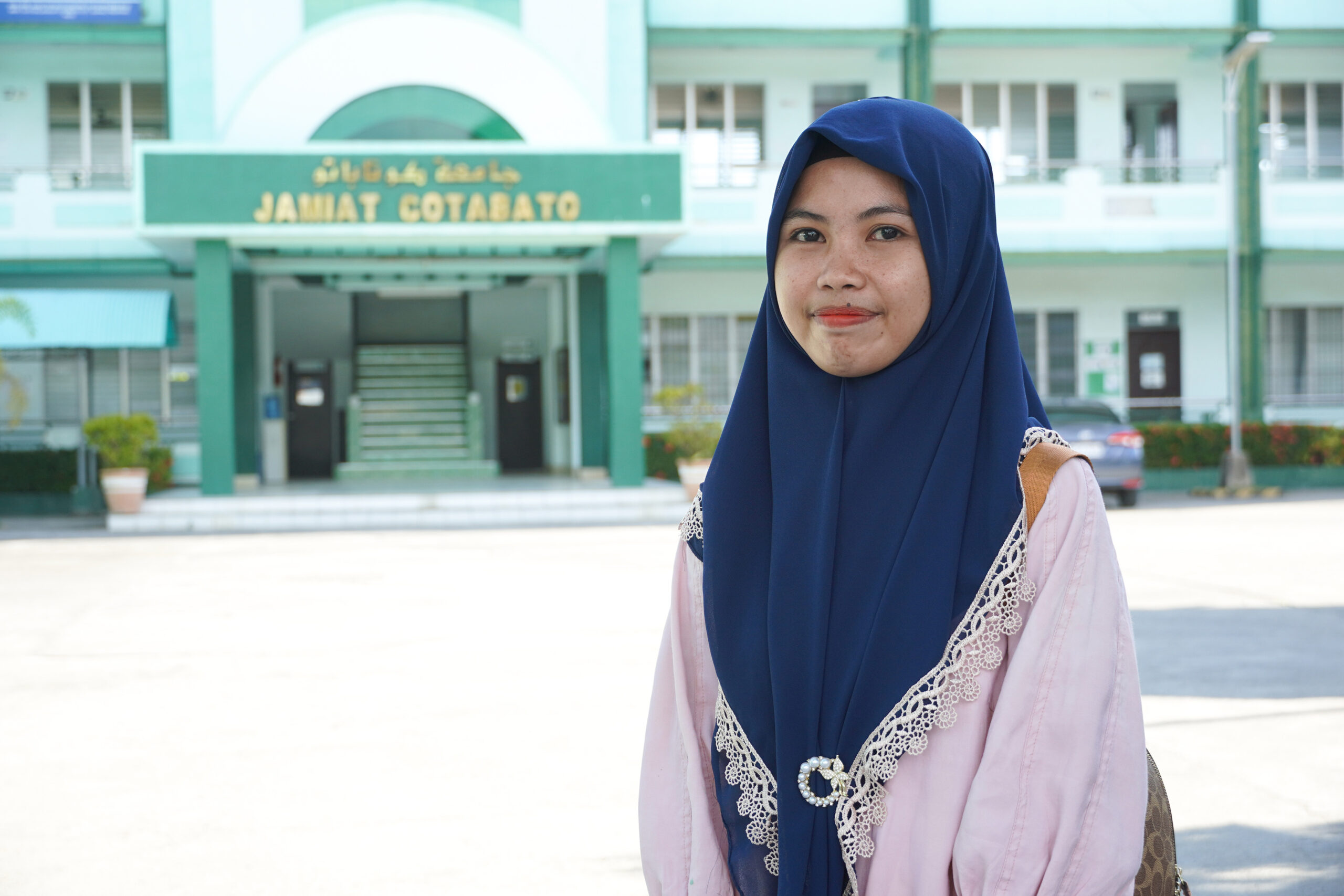
Out of the 6.9 million Muslims in the Philippines, there have only been 1,036 shari’ah counselors since licensure examinations were first held in 1983.“Shari’ah law is where we learn the sources of Islamic law. Particularly, we learn the law of the Qur’an, the sunnah or tradition of the Prophet Muhammad (Peace be upon Him), al-ijma (consensus), and qiyas (analogy),” describes Fairodz Sabar, a 22-year-old young woman who took up Shari-ah Law in 2017 in Cotabato City, the center of the Bangsamoro Autonomous Region in Muslim Mindanao, Philippines.
Contextualized legal services have been made available in areas in the Philippines where majority of the populations are Muslim. This way, they are able to avail legal services and access a justice systems that are aligned with their Islamic values, history, and culture.
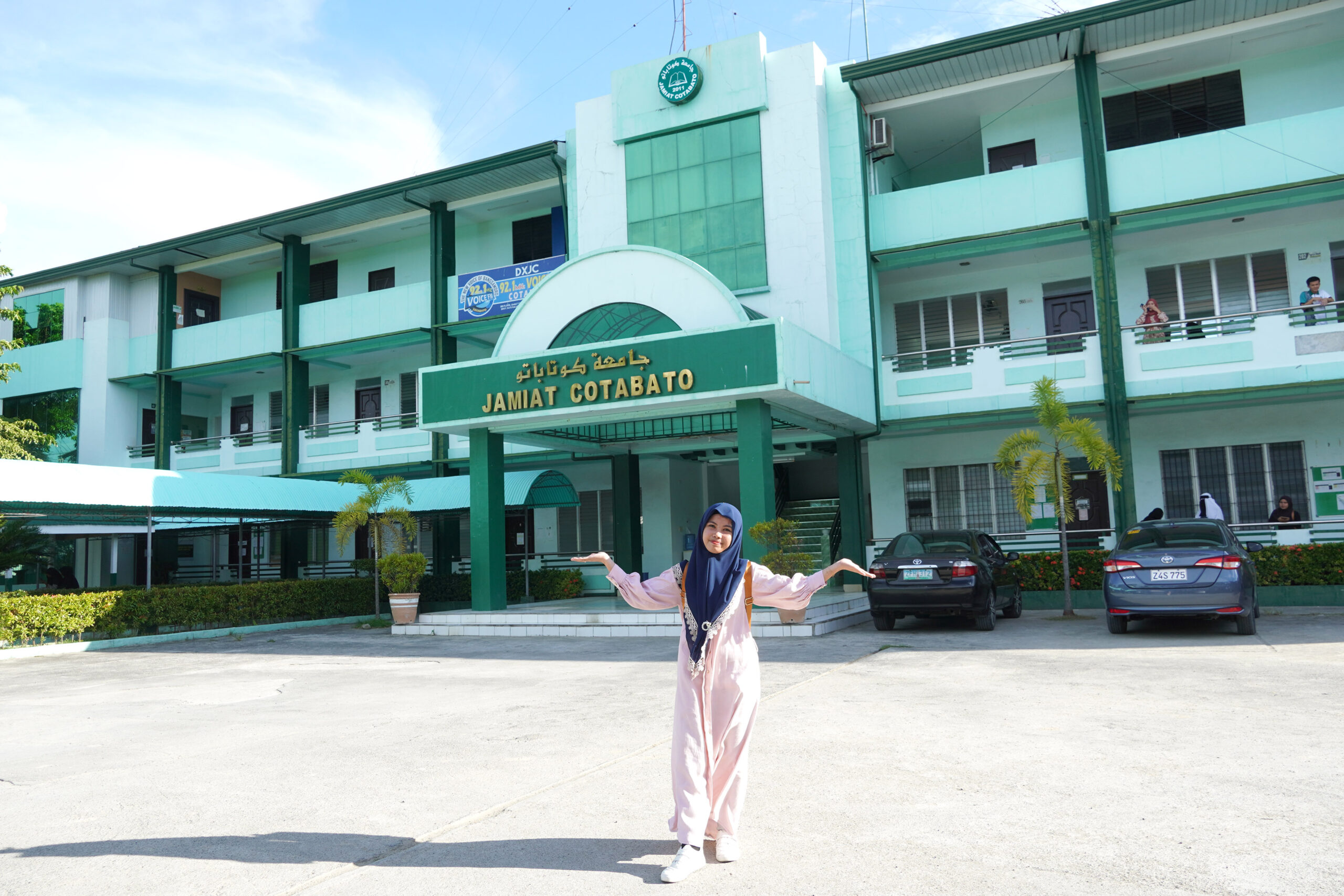
Two years into the program, however, Fai had to drop out. In 2019, Fai was diagnosed with post-traumatic stress disorder. The trauma of losing her father from illness years prior had caught up with her. She lost confidence in herself and her ability to finish college.
After receiving some psychological counseling herself for a couple of years, Fai started entertaining the idea of re-training and going to work, particularly in the IT field. “I really wanted to learn computers and computing because that is, from what I saw, something in-demand today.” She found a free training opportunity for especially out-of-school youth just like her, and so she elected to join USAID’s Opportunity 2.0 program.
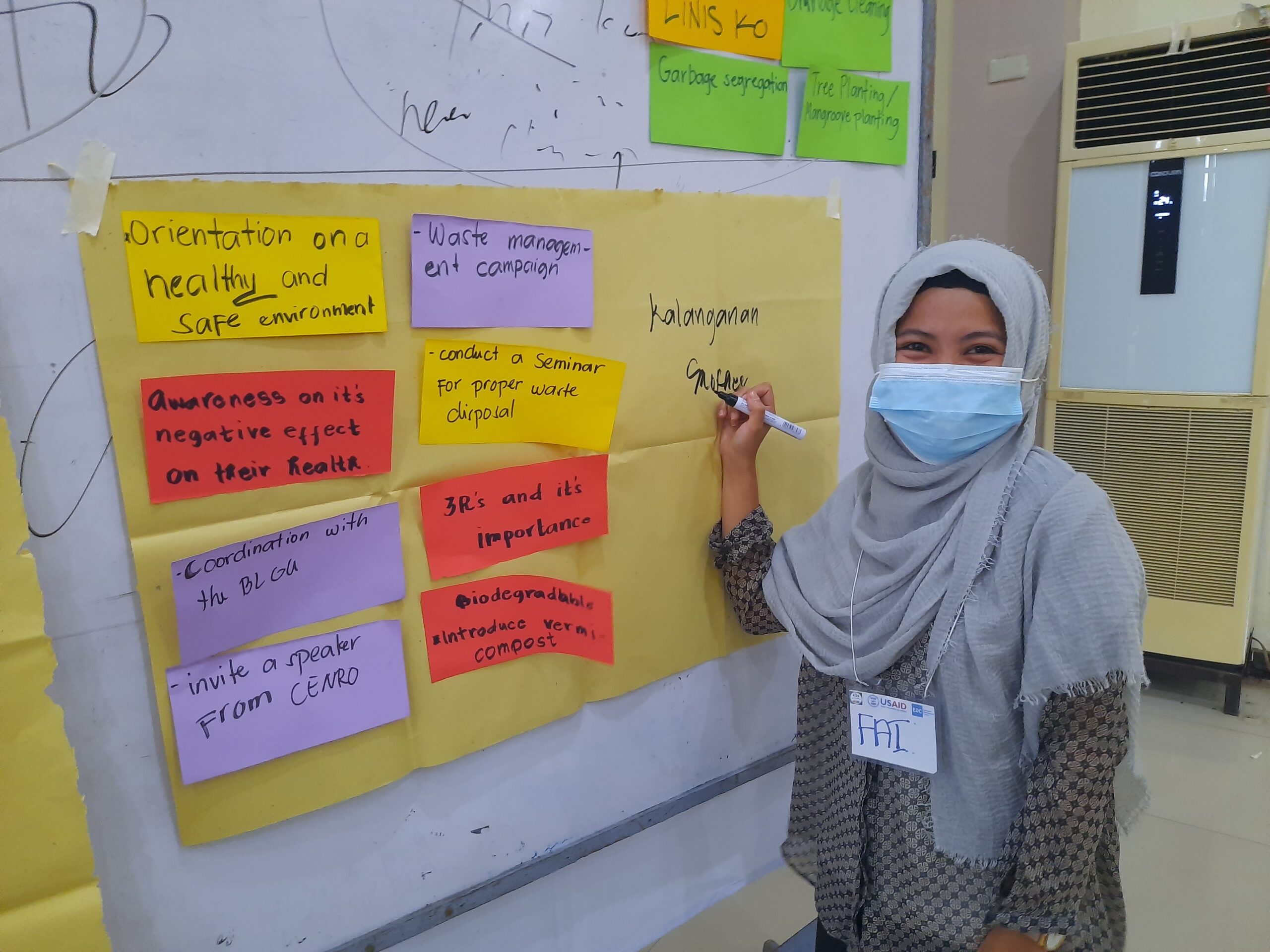
Academia De Tecnologia, a technical-vocational school in Mindanao, adopted new work and business readiness content into their curriculum as well as youth engagement and peer coaching activities that USAID introduced.
USAID has been supporting local vocational schools and institutions across the Philippines through a grants program so that services can be enhanced and extended to the disadvantaged out-of-school youth population, increasing youth’s chances at post-training success.
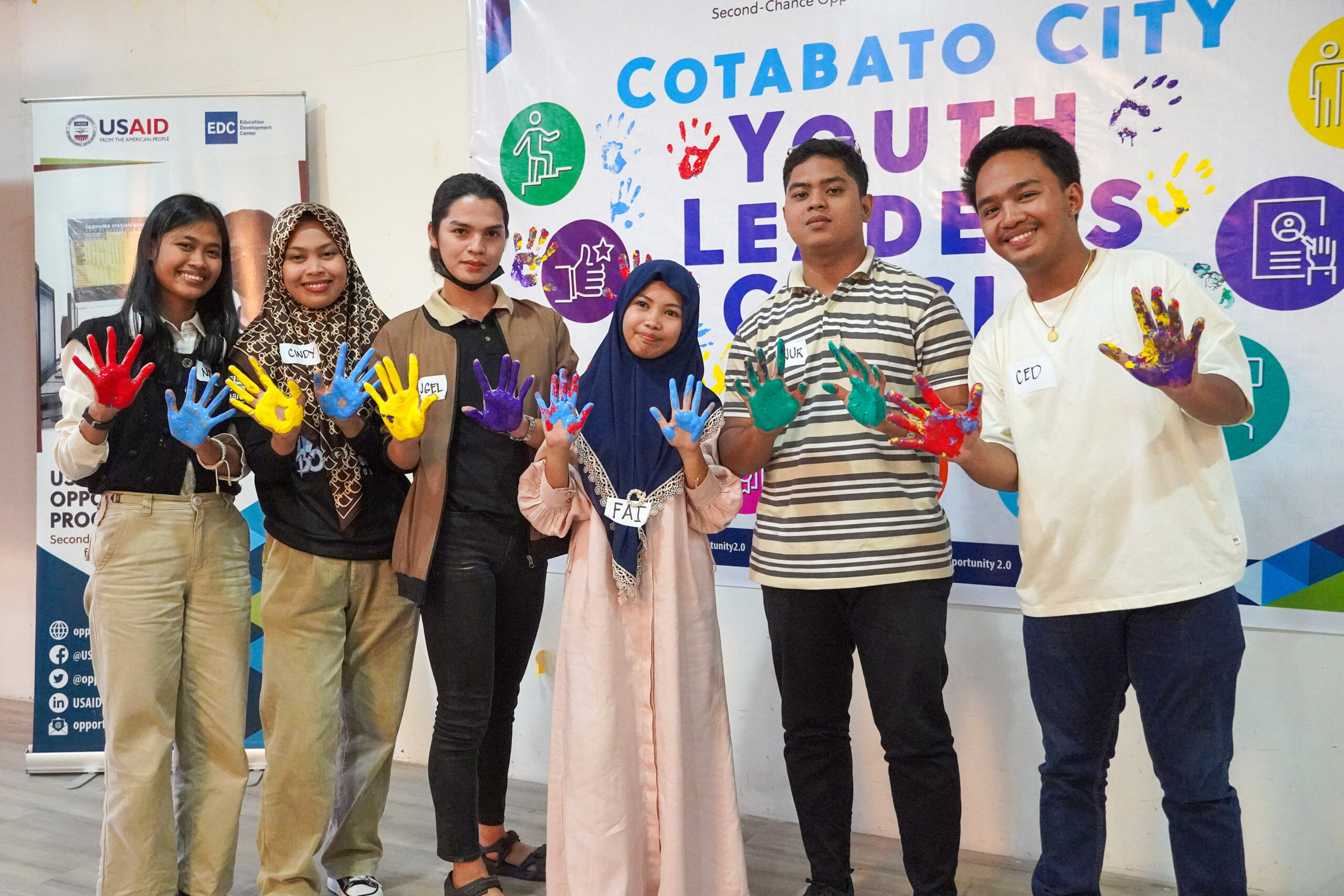
So as Fai was learning technical vocational skills on computer servicing, she was also being involved in leadership and community volunteering activities. The holistic program helps young people fulfill their full potential.
“When I started joining USAID activities, I was really inspired. We volunteered to assist senior citizens in feeding programs and we really saw the happiness in their faces,” exclaims Fai. “I ended up joining more volunteer activities. I learned how to get along with others, and I joined trainings and seminars where I met a lot of friends.”

With the right support, out-of-school youth like Fai realized how much they can achieve. When given the opportunity, Fai grew as a young leader, serving the voice of out-of-school youth during city planning activities along with other youth leaders.
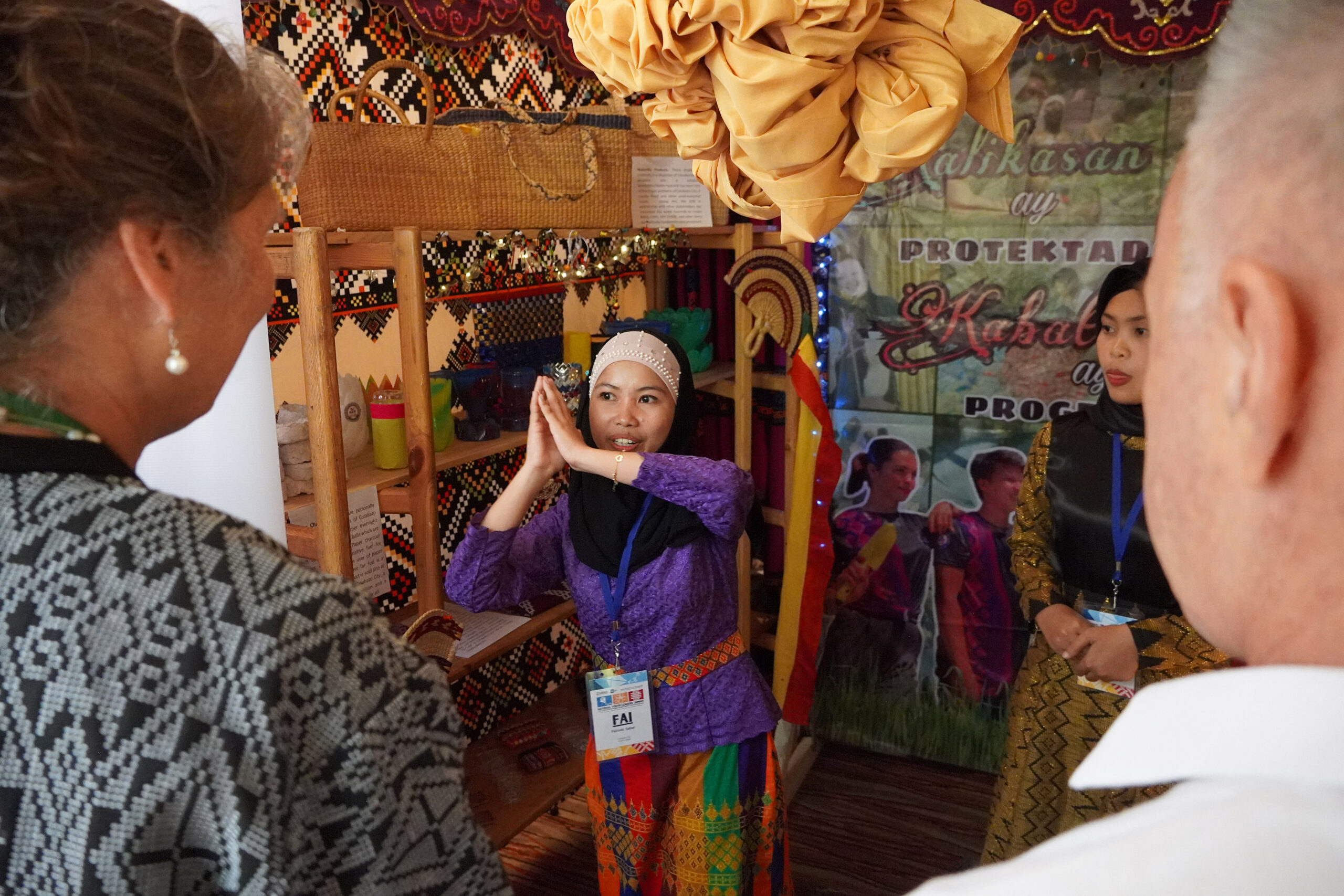
Finally in 2021, rejuvenated, Fai re-enrolled at university. She finished her coursework in August 2023 and is now preparing for the 2024 examinations to become a full-fledged shari’ah counselor.

Since 2020, USAID has been able to uplift the lives of more than 2,500 out-of-school youth in Cotabato City by boosting the capacity of local actors to serve the marginalized youth.



